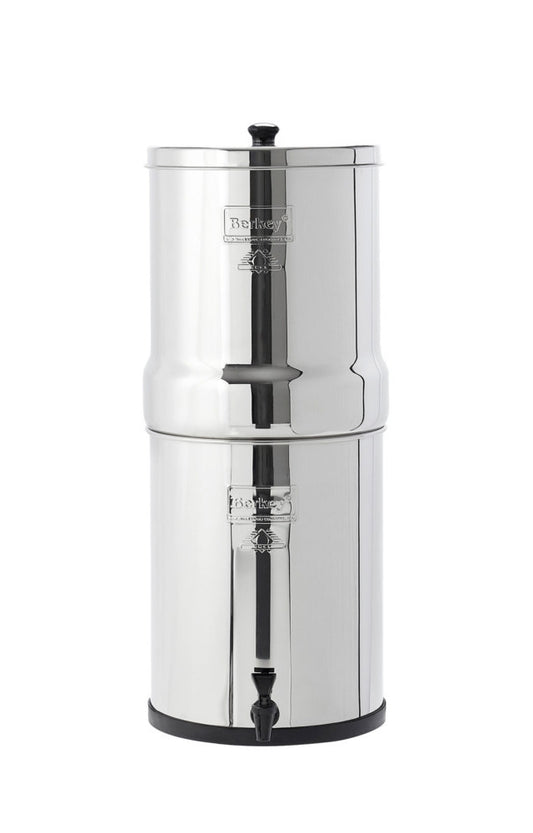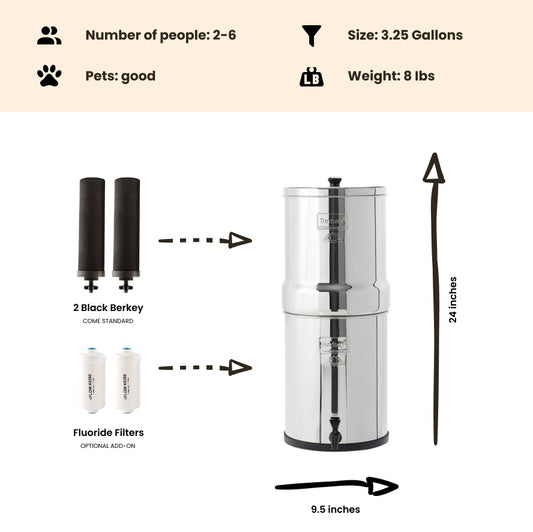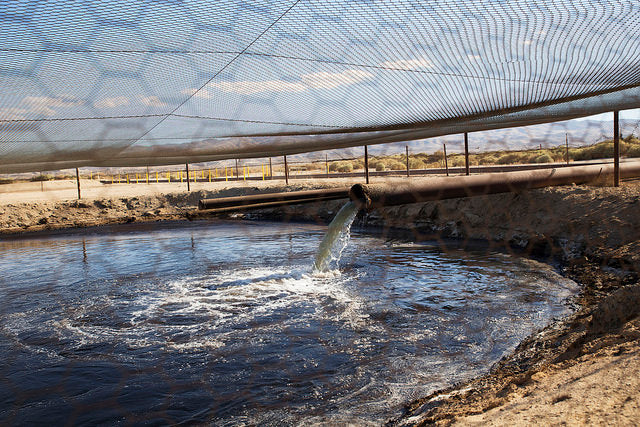
Chemical Reactions Between Fracking Fluids and Rock Release Toxic Contaminants into Water New Study Finds
By Dan DeBaunShare
During hydro-fracking operations, hundreds of thousands of gallons of water are pumped into the ground under pressure to force open fissures and release the natural gas trapped within. During this process, a concoction of toxic chemicals are added to the water, resulting in heavily contaminated wastewater as a byproduct.
Until now, it was believed that fracking wastewater was largely contaminated as a result of chemical interactions with naturally occurring saline brine water found in rocks. However, a new study has found that chemical reactions that occur between the freshwater injected into the ground and fractured shale rock could be a major cause of the contamination.
The results of the study, which were recently published in the scientific journal Applied Geochemistry, shows that when freshwater used in fracking operations is exposed to rock deep underground, due to chemical reactions between the two, it transforms into a liquid that is highly saline and has high levels of toxic metals, and poses a risk of contaminating drinking water if not disposed of appropriately.
For the study, the research team examined samples taken from three drilling cores from drilling sites situated in the Marcellus Shale deposit in New York and Pennsylvania to assess chemical reactions between water and rock that could release toxic metals such as barium during the hydro-fracking process. The Marcellus Shale deposit has extensive natural gas reserves, and as a result has been largely exploited by the oil and gas industry using hydro-fracking techniques to extract the natural gas from deep underground.
Because the fracturing process takes place under high pressure about a mile underground where temperatures are high and oxygen levels low, chemical reactions between water and the fractured rock occur. In terms of extracting oil and gas from shale beds, hydro-fracking is considered to be an important technological advancement in the oil and gas industry. However, the wastewater produced as a result of these operations is highly saline and contains extremely high levels of barium — a toxic metal. Up until now it was assumed that this highly saline water containing high levels of barium resulted from freshwater (used in fracking operations) mixing with saline water naturally found underground that already contained barium.
Yet the researchers found that a large percentage of barium within the shale is bound to clay minerals, and gets released into the fracking water as salinity levels increase over time.
"Based on barium yields determined from laboratory leaching experiments of the Marcellus Shale and a reasonable estimate of the water/rock mass ratio during hydraulic fracturing, we suggest that all of the barium in produced water can be reconciled with leaching directly from the fractured rock," says senior author Mukul Sharma, a professor of Earth Sciences at Dartmouth College.
By understanding how barium behaves during these processes, we can better understand the behavior of other environmental contaminants that occur as a result of the hydro-fracking process.
"Importantly, barium behavior allows us to understand the behavior of radium, which is very abundant in produced water and is a very real environmental concern," explains Sharma. "There has been much discussion about injection of water with lots of toxic compounds during fracking. What is less known is that produced water is hazardous waste and chemical reactions between water and the rock are likely playing a role in its formation, not simply a mixing of freshwater with natural brines in the rock."
Journal Reference Devon Renock, Joshua D. Landis, Mukul Sharma. Reductive weathering of black shale and release of barium during hydraulic fracturing. Applied Geochemistry, 2016; 65: 73 DOI: 10.1016/j.apgeochem.2015.11.001
-
Regular price From $302.00 USDRegular priceUnit price / per
-
Regular price $234.00 USDRegular priceUnit price / per
-
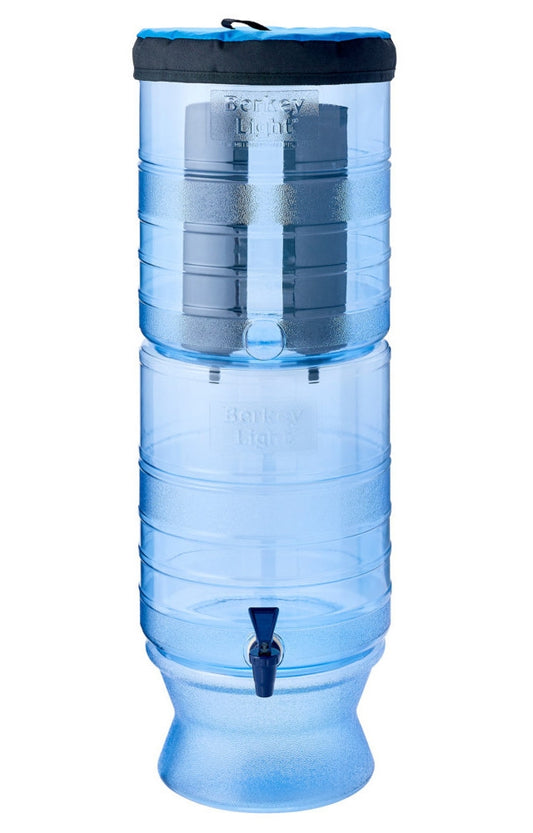
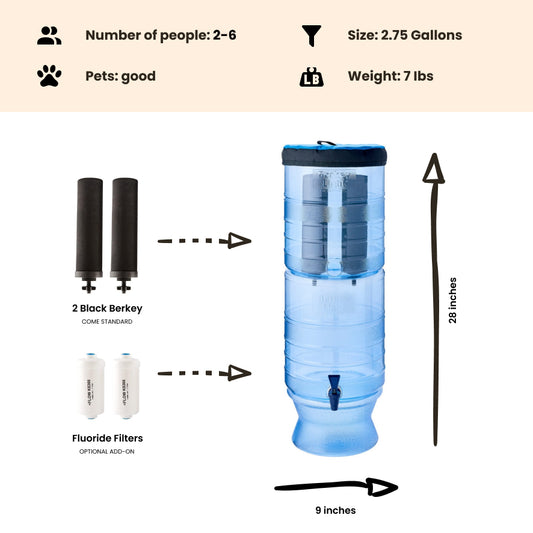 Sold outRegular price From $305.00 USDRegular priceUnit price / per
Sold outRegular price From $305.00 USDRegular priceUnit price / per -
Regular price $327.00 USDRegular priceUnit price / per
-
Regular price From $367.00 USDRegular priceUnit price / per
-
Regular price From $408.00 USDRegular priceUnit price / per
-
Regular price From $451.00 USDRegular priceUnit price / per

Dan DeBaun
Dan DeBaun is the owner and operator of Big Berkey Water Filters. Prior to Berkey, Dan was an asset manager for a major telecommunications company. He graduated from Rutgers with an undergraduate degree in industrial engineering, followed by an MBA in finance from Rutgers as well. Dan enjoys biohacking, exercising, meditation, beach life, and spending time with family and friends.
~ The Owner of Big Berkey Water Filters












